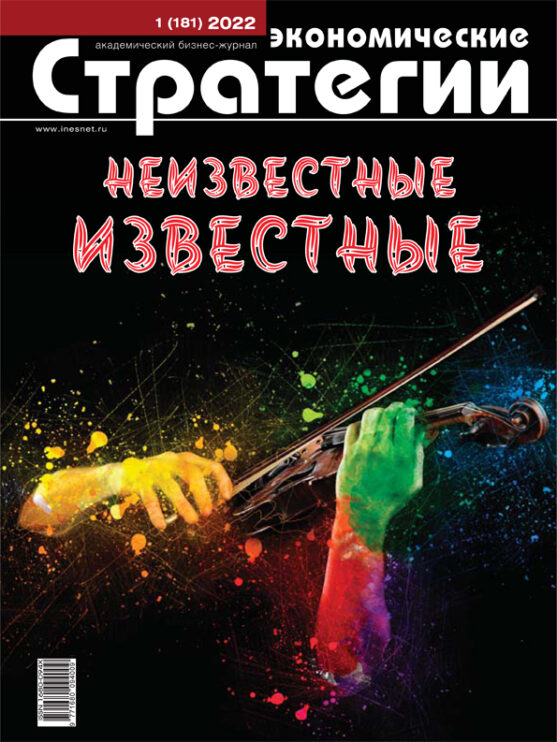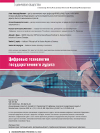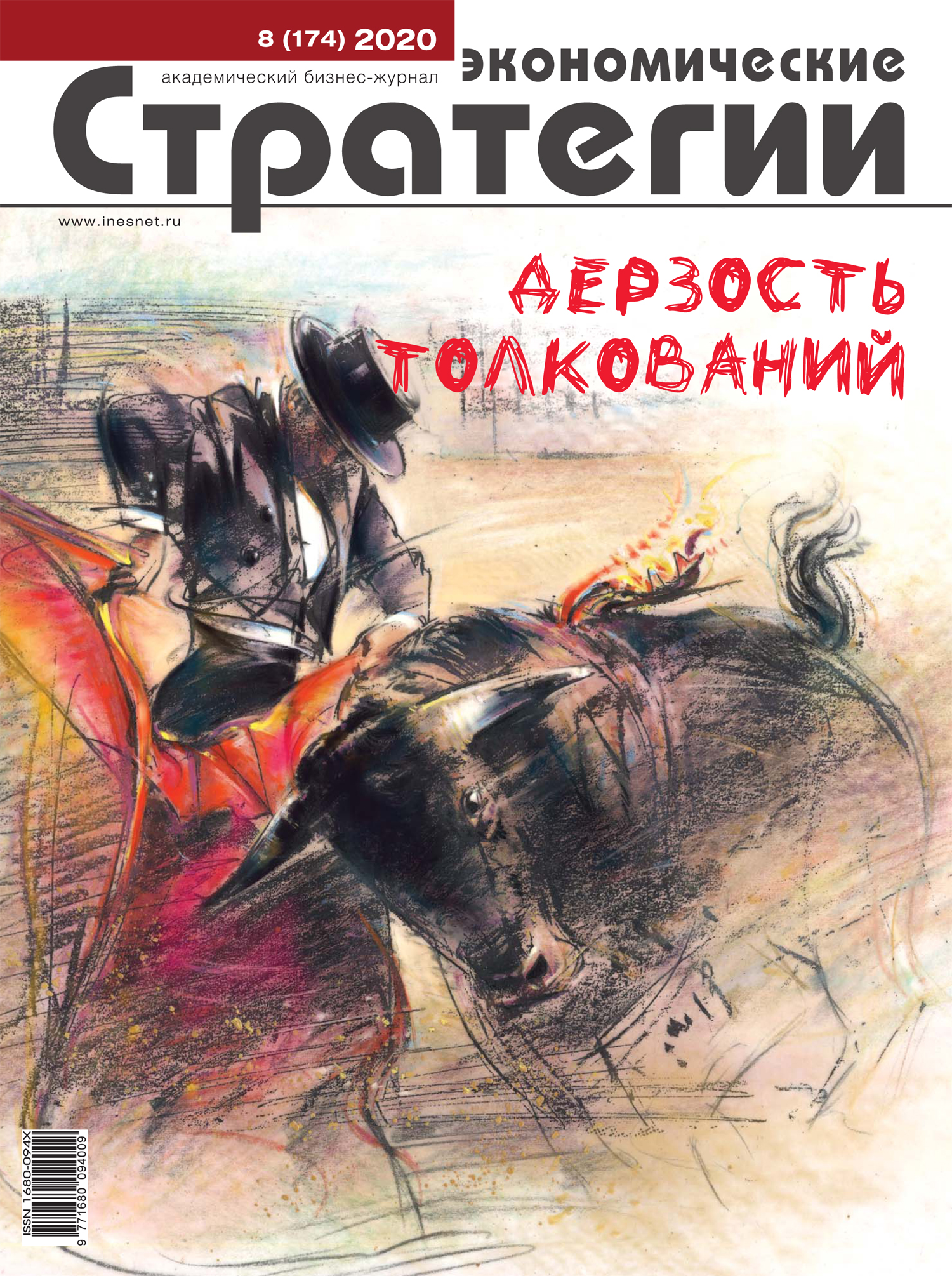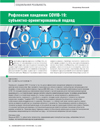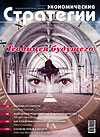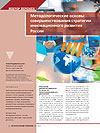Digital Technologies of Public Audit
DOI: https://doi.org/10.33917/es-1.181.2022.34-39
The article dwells on the problems of organizing state audit based on digital technologies. The concept of digital register and digital platforms is proposed, the author also describes system and software solutions that allow to provide continuous audit and, on its basis, adaptive management of public resources based on audit data in the economic-mathematical balance model that characterizes intersectoral production relationships in the country’s economy.
Источники:
1. Iskusstvennyi intellekt v audite: snimaem nalet mistiki [Artificial Intelligence in Audit: Removing the Mystique]. GAAP.RU, available at: https://gaap.ru/articles/Iskusstvennyy_intellekt_v_audite_snimaem_nalet_mistiki/
2. Blokchein v mire audita. Udastsya li proektu Auditchain proizvesti revolyutsiyu na rynke finansovoi otchetnosti i audita? [Blockchain in the World of Audit. Will the Auditchain Project Succeed in Revolutionizing the Financial Reporting and Audit Market?]. ClickChain, available at: https://clickchain.ru/2018/07/31/blokchejn-v-mire-audita/
3. Schetnaya palata Rossiiskoi Federatsii, available at: http://audit.gov.ru/about/
4. Schetnaya palata pereidet na tsifrovoi audit v techenie trekh let [Accounts Chamber will Switch to Digital Audit Within Three Years]. TASS, 2018, August, 2, available at: https://tass.ru/ekonomika/5423538.
5. Tsifrovoi audit — budushchee Schetnoi palaty [Digital Audit is the Future of the Accounts Chamber]. Schetnaya palata RF, 2019, October, 11, available at: http://audit.gov.ru/press_center/news/38884.
6. Tsifrovye tekhnologii v bukhgalterskoi i auditorskoi deyatel’nosti [Digital Technologies in Accounting and Auditing]. BizEcucate, available at: https://bizeducate.com/11/2018/tsifrovye-tehnologii-v-buhgalterskoj-i-auditorskoj-deyatelnosti/


